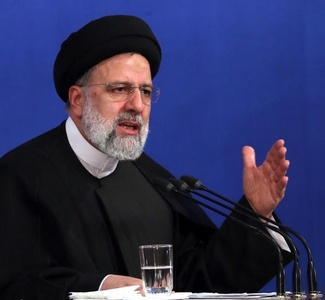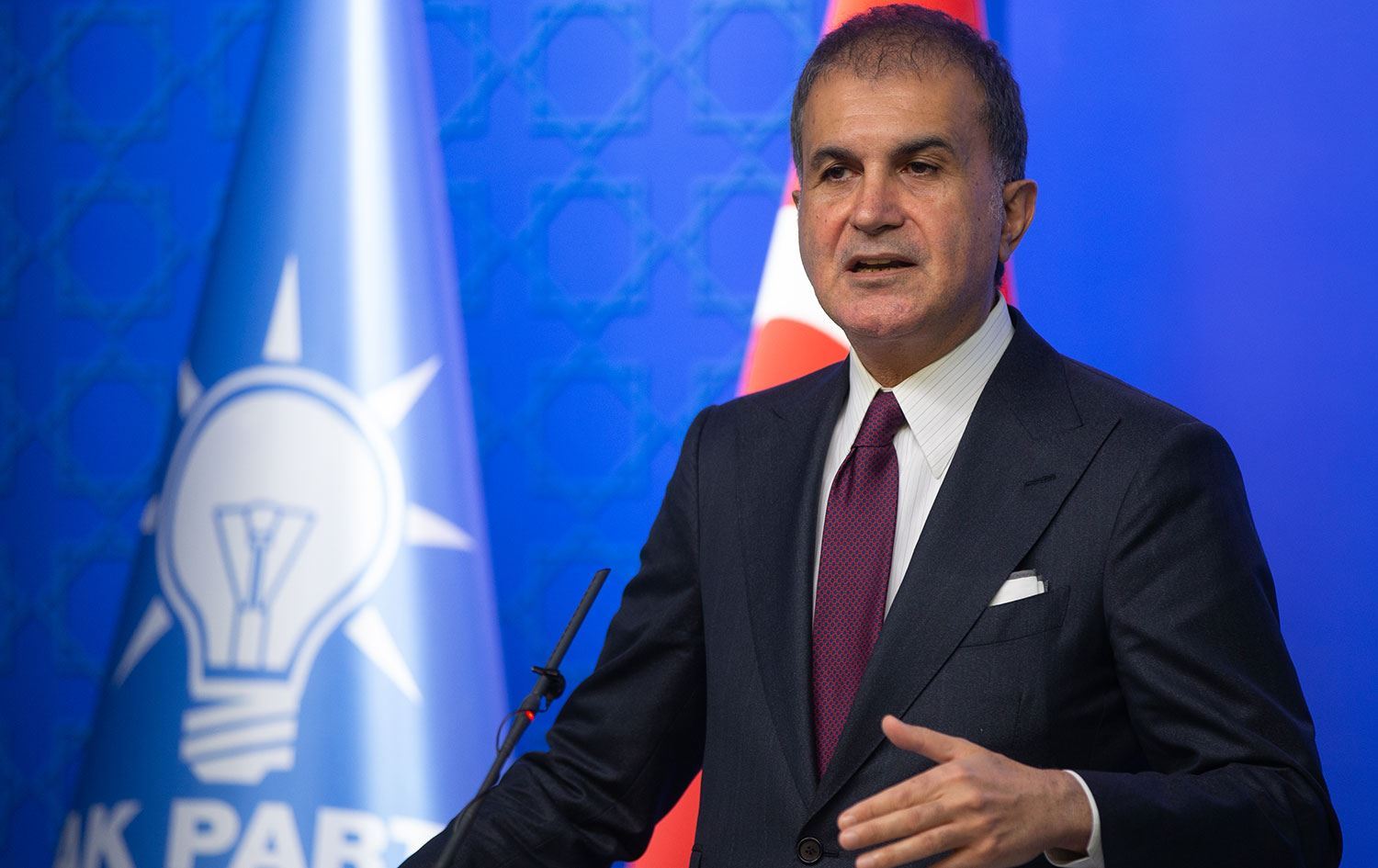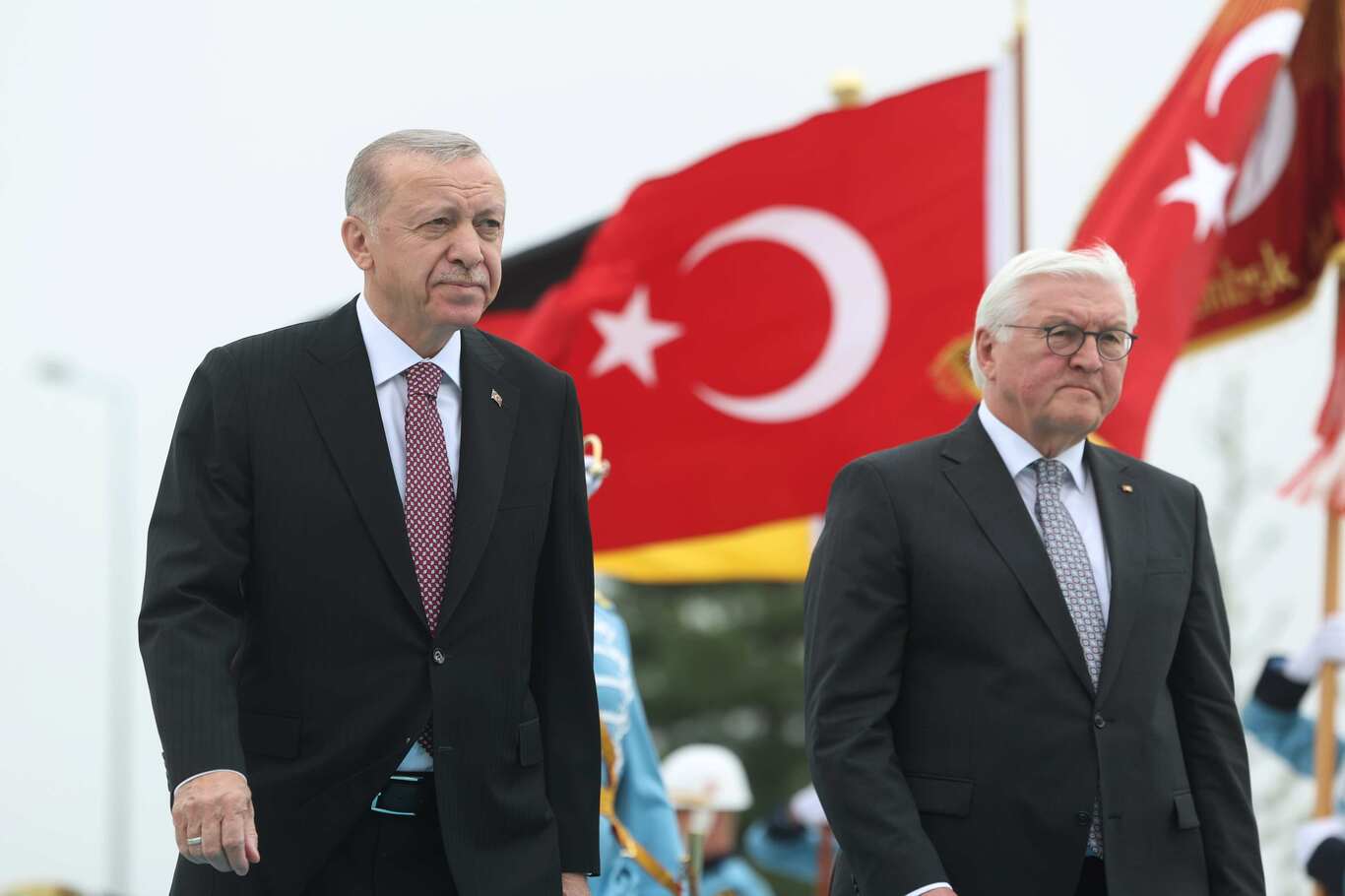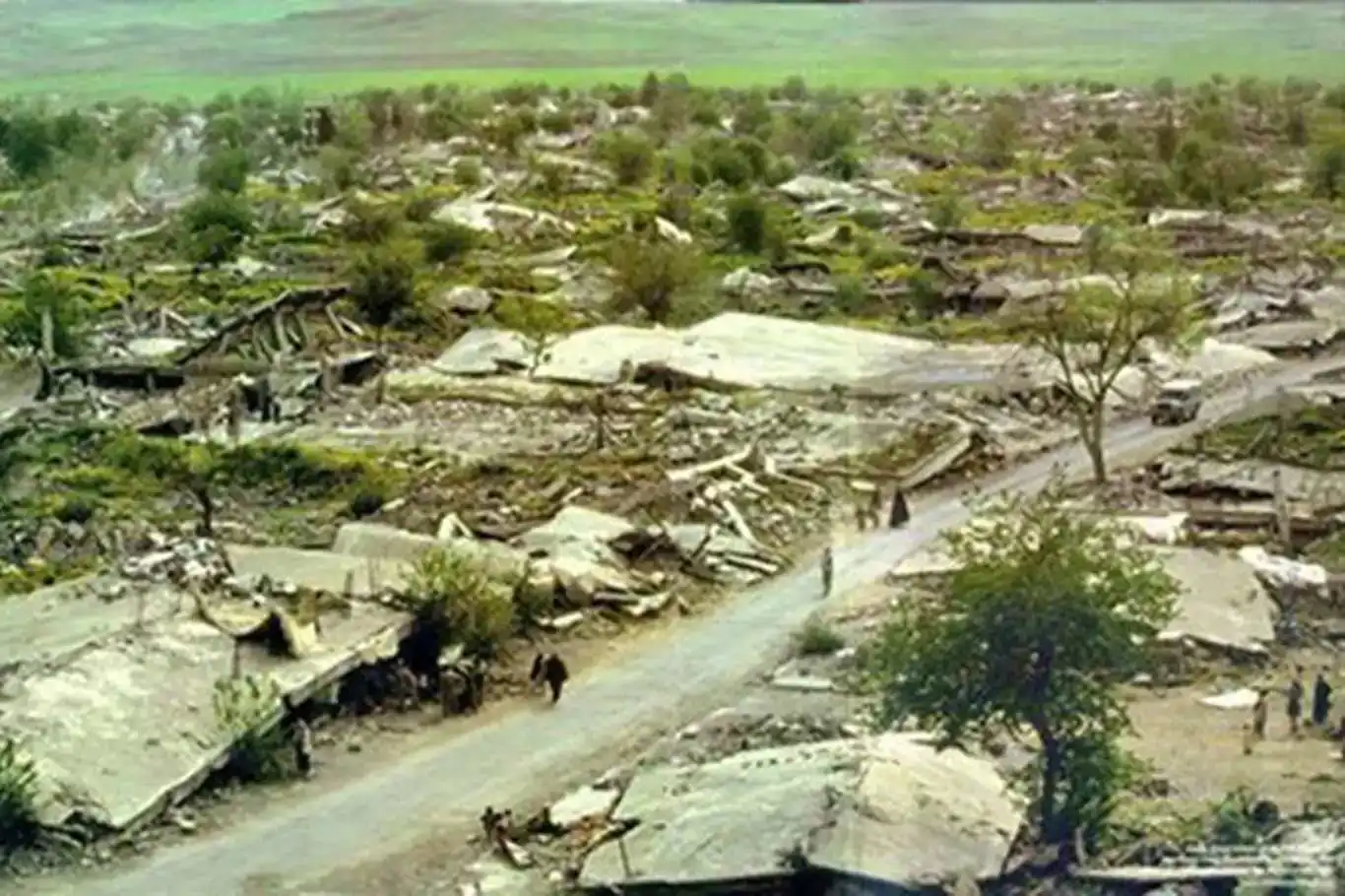Muhammed Mursi commemorated on the fourth anniversary of his demise
The memory of Muhammed Mursi, Egypt's first democratically elected president, was honored on the solemn occasion of the fourth anniversary of his untimely passing.

 Google News'te Doğruhaber'e abone olun.
Google News'te Doğruhaber'e abone olun. Mursi, aged 67, tragically met his demise within the confines of a courtroom during a trial, leaving a lingering air of suspicion surrounding his death.
On June 17, 2019, the Egyptian state television delivered the shocking news that Mursi had collapsed during a court hearing on espionage charges at Cairo's Tora prison complex, and subsequently, his life came to a sudden end, reportedly due to a heart attack. However, the circumstances surrounding his passing have remained shrouded in ambiguity, giving rise to unanswered questions and speculation.
In his final moments within the courtroom, Mursi was granted a mere seven minutes to express himself from behind the confines of a glass box. It was during this time that he shared his parting words, reciting a poignant verse from a poem: "My country is dear even if it oppressed me and my people are honorable even if they were unjust to me." Shortly after the adjournment of the session, Morsi collapsed, marking the end of his tumultuous journey. He was laid to rest in Cairo alongside other revered figures of the Muslim Brotherhood.
Critics of the Egyptian government attributed Mursi's death to the harsh conditions under which he was held during the trial. They asserted that the circumstances he endured were a contributing factor to his tragic fate. Mohamed Sudan, a prominent member of the Muslim Brotherhood based in London, went so far as to describe Mursi's demise as "premeditated murder."
The concerns raised by Mursi's detention conditions had been echoed even prior to his passing. In March 2018, Crispin Blunt, who led a panel of British parliamentarians tasked with reviewing Mursi's situation, had expressed apprehension. Blunt warned that without urgent medical assistance, the deterioration of Mursi's health might be irreversible, and regrettably, time would prove these concerns to be tragically accurate.
Turkish President Recep Tayyip Erdoğan did not hesitate to hold the Egyptian leadership accountable for Mursi's untimely demise. Erdoğan honored Mursi as a martyr, and religious ceremonies were held in Istanbul to pay tribute to the fallen leader.
Simultaneously, Amnesty International called for a fair, transparent, and comprehensive investigation by Egyptian authorities into the circumstances surrounding Muhammed Mursi's death. The organization sought clarity and accountability, underscoring the need for justice to prevail.
Yet, in the wake of Mursi's passing, the Egyptian government imposed a veil of censorship on media coverage of the event. Newspapers were instructed to provide a brief, identically-worded account devoid of any reference to Mursi's presidency or the allegations surrounding his death. Moreover, they were explicitly instructed not to feature the story prominently on their front pages. While most Egyptian newspapers complied with the order, Al-Masry Al-Youm dared to challenge the directive, placing Mursi's story front and center and acknowledging his presidential tenure.
Mohammed Mursi Issa Al-Ayyat, a prominent Egyptian politician and engineer, had risen to prominence as Egypt's first democratically elected president following his victory in the 2012 presidential election. However, his tenure was cut short when he was removed from office in a coup d'état led by General Abdel Fattah el-Sisi on July 3, 2013. Morsi had been an influential figure within the Muslim Brotherhood, and his leadership of the Freedom and Justice Party propelled him to the forefront of Egyptian politics during the transformative period of the 2011 revolution.
Born in El Adwah, Sharqia Governorate, Mursi pursued a career in metallurgical engineering, earning degrees from Cairo University and the University of Southern California. He later served as an associate professor at California State University, Northridge, before returning to Egypt to teach at Zagazig University.
Mursi's presidency was marked by both triumphs and challenges, and his removal from power triggered a series of legal proceedings against him. Accusations ranged from incitement to violence to espionage and leaking classified information. He faced numerous trials, some resulting in convictions and others in acquittals, all while enduring detention in the notorious Scorpion prison, where his health deteriorated significantly.
As the world reflects on the four years that have passed since Mursi's departure, his memory remains indelible in the hearts of his supporters and those who admired his contributions to Egypt's political landscape. The quest for truth and justice regarding his demise endures, echoing the call for accountability and transparency. (ILKHA)



















































